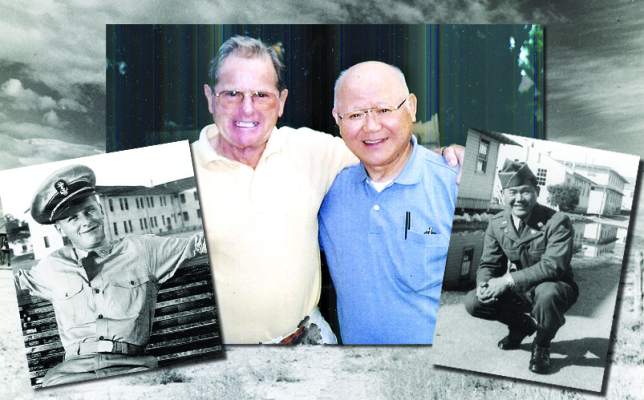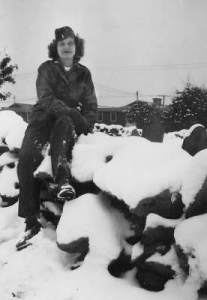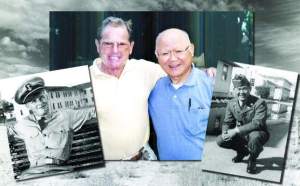by Ben de Guzman, Diverse Elders Coalition National Managing Coordinator
December 7, is a day that, in the now famous words of President Franklin Roosevelt, has gone down in infamy. The attack on Pearl Harbor by Japanese Imperial military forces resulted in the death of 2,500 people with 1,000 more wounded and is generally recognized as the impetus that finally drew the United States into World War II. Traditionally, news coverage of the December 7 anniversary over the years has centered on survivors and evokes memories of the attack itself. Stories from the war are told by fewer and fewer people, as those who were around reach further into their golden years- many well into their 90s.
This year, the Yakima Herald-Republican in Washington State not only marked the December 7 anniversary with the usual coverage of survivors those who gathered in Hawai`i as well as a local story of a Yakima man whose uncle died in the attack and an Army nurse who served in WWII in military hospitals in the U.S. and in Europe.
However, the coverage also included another set of articles that reminded readers of another, less honorable aspect of Pearl Harbor’s legacy. The brutal nature of the attack with the accompanying patriotic fervor of a country on the edge of war, unfortunately resulted in a wave of anti-Japanese sentiment that became focused on the local Japanese American population, regardless of citizenship status or actual evidence of lack of loyalty. Over 120,000 men, women, and children of Japanese ancestry- citizen and non-citizen alike, were summarily rounded up and sent to internment camps where they spent the rest of the war.
The Yakima Herald’s coverage also included an editorial that “Remember[s] Pearl Harbor and its many consequences.” The piece recognizes the honorable service of those who lost their lives at Pearl Harbor, but also reminds readers of President Roosevelt’s internment of the Japanese American community. Another article reveals more details of the internment history through the lens of one woman’s recollections of her father, a World War II veteran whose job it was to help implement the internment. Still another piece tells the story of two young Yakima boys who lost touch when one of them was interned, only to be reunited later.
Pearl Harbor as an historical moment, reminds us of our better angels- giving rise to military service of men and women who were to become “the Greatest Generation.” However, as the Yakima Herald’s extensive coverage also tells us, Pearl Harbor’s legacy also includes more negative aspects of a government in the time of war. As the final paragraph of their editorial notes:
“These stories do demonstrate the many consequences of a long and terrible war. They document heroism that knows no ethnicity, and their narratives represent how many of World War II’s battlefields were metaphorical as well as geographical. We tell these stories as a way to honor the sacrifices of the tens of millions of people, at home and abroad, who seven decades ago bore the brunt of our Greatest Generation’s great battle.”
Ben de Guzman is the National Managing Coordinator for the Diverse Elders Coalition. He served as a volunteer for the official ceremony when eligible veterans and their families from the 33,000 Japanese Americans who served in WWII were grated the Congressional Gold Medal.
Many thanks to Bob Crider and the Yakima Herald, for their permission to excerpt from their coverage of the anniversary of Pearl Harbor.
The opinions expressed in this article are those of the author and do not necessarily reflect those of the Diverse Elders Coalition.



